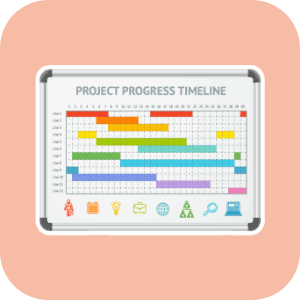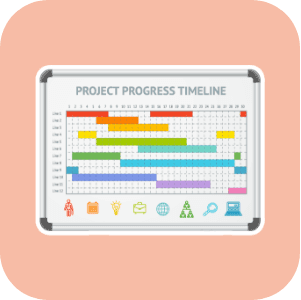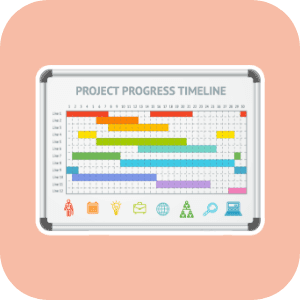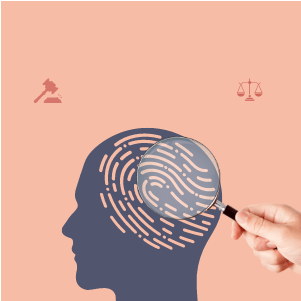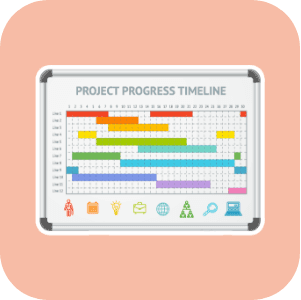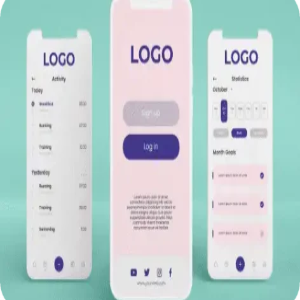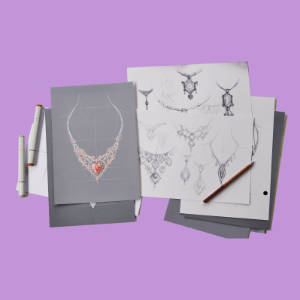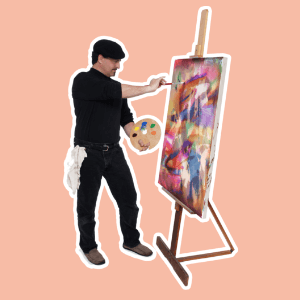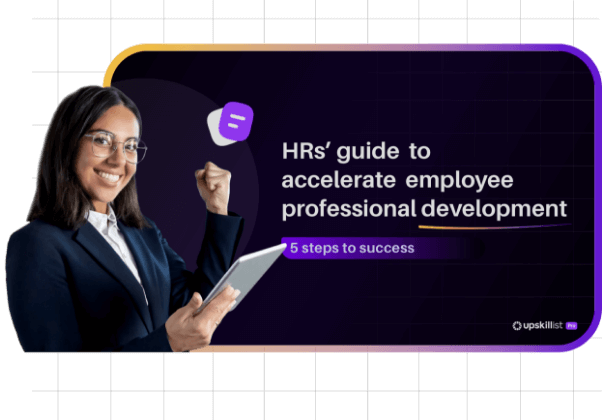
Your organisation needs more effective leaders ‐ check out our key coaching skills for effective leadership
Introduction
The traditional method to achieving success in a career was to develop expertise in a field and to have the right answers. Proving your knowledge and competence in a field meant that you could climb the corporate ladder and move into people management – where you would train others the skills and expertise you used to succeed.
Fast-forward to the 21st century, and companies are recognizing that managers can’t be expected to have all the answers in the face of rapid, disruptive change, and that command-and-control leadership style is no longer sustainable. As a result, many businesses are shifting to a coaching model, in which managers, instead of ordering staff and colleagues and making judgements, rather to ask questions and give assistance and direction in order to help employees solve problems and grow.
The effective leader in the 21st century
Nowadays the onus lies on managers not to only share their knowledge, but to also ask questions that spark new insights and ideas. Sir John Whitmore is a leading figure in coaching, and he regards coaching as “unlocking people’s potential to maximise their own performance”. To be an effective leader, you need to master sharing knowledge das well as assist others in self-improvement.
To aspire to this kind of coaching requires leaders to practice it daily – at many levels within an organisation. The GROW model was developed by Whitmore and others to aid managers to get better at non-directive coaching. The concepts are simple but training yourself to think in new ways might take some time, effort, and commitment – the same as if you want your employees, managers or colleagues to improve.
GROW stands for:
G – Goal: Goals and aspirations: What do you want
R – Reality: Where are you now?
O – Options: What could you do?
W – Will: What will you do?
Let’s look at each GROW element individually:
Goal:
When starting a conversation with someone you’re coaching, establish early in the conversation the goals and aspirations that they want to achieve. It’s important not to focus on the person’s role, but rather to pay attention to the result of the conversation. What is the conclusion the colleague is hoping for from this specific exchange?
- A typical question to ask is along the lines of “What do you need when you walk out the door that you don’t have at the moment?”
Reality:
Once you’ve established the goal of the conversation or meeting, you need to shift your focus to questions rooted in what, where, when and who. Each of these help people to pay attention to the immediate and enables them to focus on specific facts, which in turn sparks a very constructive conversation.
It’s important to not pay attention to the why. This is because people are less likely to focus on the facts and diverge toward self-justification for their decisions, actions and needs. This draws attention away from the task at hand, the goal that was set and is counterproductive.
Good questions to ask are:
- “What are the key things we need to know”?
- What is happening at the moment?
- How important is this to you?
- On a scale of 1–10, if an ideal situation is 10, what number are you at now?
Options:
It’s common that people would approach you for coaching in a time when they feel stuck. You might be approached with “I can’t do anything”, “It just doesn’t work”, “I’ve tried everything”, “My only option is to…”, “I’m unsure whether X, Y or Z will be the better option”.
When this happens, it’s your task to help them consider the situation as objectively as possible, broadly and deep as possible. One way to approach it is to ask the person “In a perfect world, what would you do?” This question removes all obstacles and allows people to think freely without feeling confined by their current limitations. This broadens their perspective and in turn they discover new options, insights, and perspectives.
Next you should focus on deepening their thinking. You can do this by encouraging them to explore the pro’s and con’s and risks of each option.
As a leader your goal is not to always be the expert on a subject, but rather to guide people to make their own, informed, justified and independent decisions. Not only will your leadership be appreciated more, but the people around you will also feel more valued – not only as employees, but as people.
Typical questions you can ask are:
- What worked in the past?
- What ideas do you have?
- What could you do?
- What alternatives do you have?
- Who could help you with this?
Will:
The will component is a two-part concept. First you want to encourage the person you’re coaching to review the conclusion from the conversation. If the plan is clear with defined goals and a way forward, they will have a clear understanding of the endeavour. If they don’t, you need to revert to earlier parts of the conversation and help them define how they will approach the problem.
Questions asked in this situation can be: “What will you do”, or “How will you do it?”
The second part of the Will concept in the GROW model, requires you to ask people about their will to act. You can gauge the success of the conversation by asking “Out of a score of 10, how likely is it that you’ll do any of this we spoke about?”. If the answer is 7 or lower, you know that the conversation hasn’t reached the goal you set at the beginning. In this case, go back to the earlier parts of the conversation and guide the person to critically assess where the steps are that decrease their interest in the solution”
Conclusion
The days of boss-man walking around with a command-and-control approach are no longer effective. Successful leaders regularly need to update and upskill their professional and functional expertise with a capacity for learning. As a leader you need to foster this learning capacity in yourself as well as the people you supervise. With the organisation’s support, effective leaders are those who reinvent themselves as coaches who draw energy, creativity and learning from their colleagues, employees, and supervisors.




